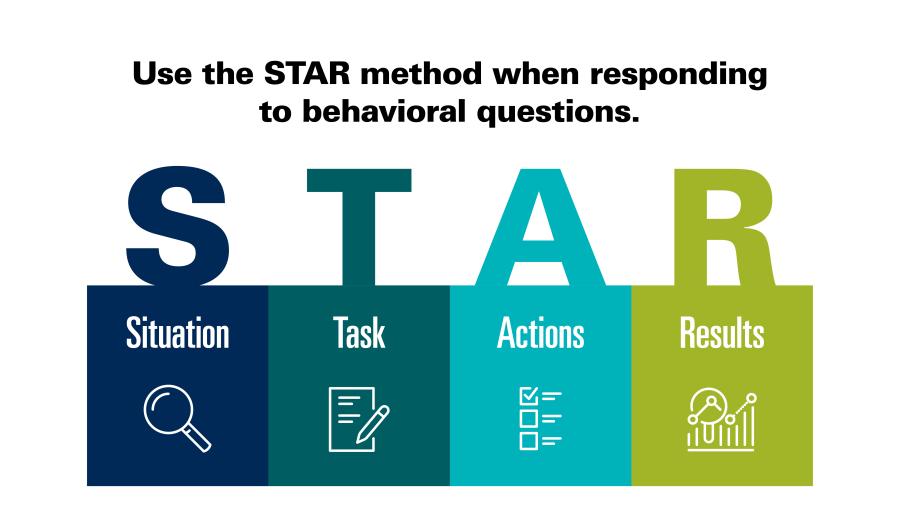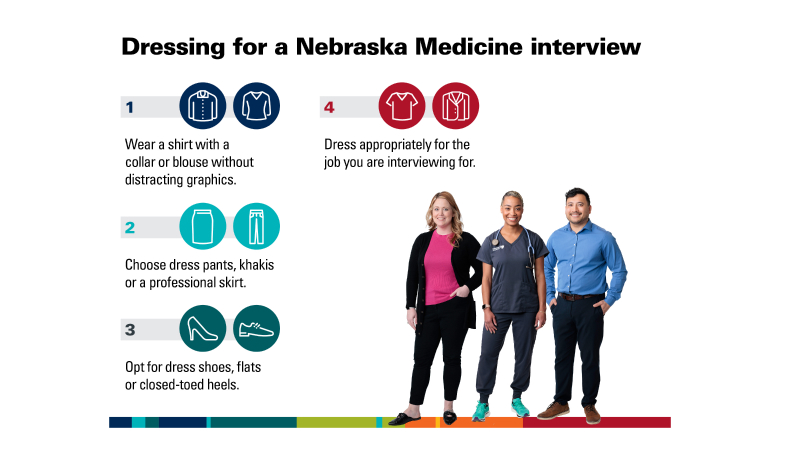Resume writing and interview tips for health care positions

To succeed in the challenging area of health care, you need a resume that showcases your qualifications and skills and an interview performance that impresses your potential employers.
Your resume is an essential tool to showcase your skills, credentials and achievements, distinguishing you from other candidates. Recruiters and hiring managers use resumes to get a complete picture of your history and career path. It reveals your competencies and technical abilities and shows what you have learned and accomplished.
Read on for tips for writing a resume and acing a health care interview.
Structure
To create an impressive health care resume, structure is important. Here are the essential components:
- Name: Begin with your full name, ensuring it stands out at the top of the resume.
- Contact information: Include your address, phone number and email address. Double-check that the information is accurate and up to date.
- Education: List your educational background, including any degrees you’ve earned or that are pending. If a degree is pending, state "Degree to be conferred [month, year]."
- Clinical experience: Include your clinical rotations experience, mentioning the location, unit, patient population, responsibilities and new skill sets gained.
- Professional experience: Detail your work experience in health care, highlighting relevant roles, responsibilities, and achievements.
- Projects and extracurriculars: Mention notable projects or extracurricular activities that demonstrate your dedication and skills.
- Skills: Highlight your technical and soft skills relevant to health care positions.
Feel free to use these sample resumes as a guide when creating your resume:
Best practices
To further enhance your resume, here are some additional tips:
- Tailor your resume to each specific job description you apply for. This customization allows you to highlight the skills and experiences that closely align with the position’s requirements.
- Include a cover letter to showcase your level of interest and explain why you are the best fit for the position beyond your technical skills.
- Create a working resume and continually update it as you gain new skills and experiences.
- Save your resume as a Word or PDF file, using your first and last name in the file name.
- Ensure consistent formatting throughout your resume, including clear section labels and easy-to-read fonts.
- Use bullet points to organize information and emphasize important details with bold, italics or punctuation.
- Leave enough white space between sections and bullet points to avoid a cluttered appearance.
- Maintain consistent page margins on all sides of the document.
- Save your resume as a PDF to ensure consistent formatting across different devices.
The interview
Once your resume gets you an interview, it's time to prepare for the next step. Here are some tips to excel in your health care interview:
- Get to know the organization you're interviewing with. Visit its website and take note of key points. For example, for a Nebraska Medicine position, you can learn more about the health system’s values: Innovation, Teamwork, Excellence, Accountability, Courage and Healing.
Review the job description thoroughly and prepare to answer behavioral-based questions. These questions typically ask for examples or stories that showcase your experience and skills.

- Use the STAR method (situation, task, actions, results) when answering behavioral-based questions. Practice telling your stories to demonstrate how your experience aligns with the situation.
- Prepare questions to ask the interviewer. This demonstrates your interest in the position and allows you to gather important information.
For phone or video interviews, find a quiet place with an appropriate background. Log in early to address any connection errors.

- Wear professional clothing. Some roles may allow scrubs. Your recruiter can advise you on the best interview attire for your role.
- Speak clearly and concisely, using the interviewer's name when appropriate. Allow for pauses to avoid speaking over each other.
- For in-person interviews, plan to arrive 10 to 15 minutes early to ensure you're in the correct location. Dress professionally and maintain engaged facial expressions. Aim to use the interviewer's name during the conversation.
Remember, a well-crafted resume and effective interview preparation significantly increase your chances of landing your desired health care position. Best of luck!
Join our talent community
Contact Us
Email us at sourcing@nebraskamed.com




